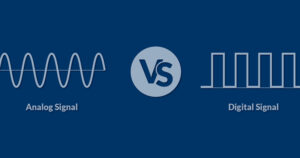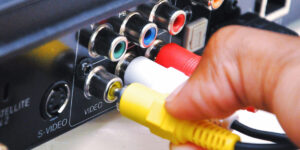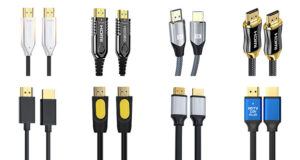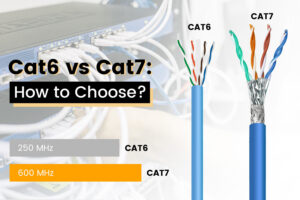
Analog vs. Digital Cables: Core Differences Explained
Analog vs. Digital Cables: Core Differences Explained In today’s tech-driven world, understanding the distinction between analog and digital cables is critical for optimizing device performance. This guide breaks down their differences, applications, and SEO-optimized insights to help users make informed decisions. Fundamental Concepts: How Analog and Digital Cables Work Analog CablesAnalog cables transmit continuous electrical signals that mirror the original data (e.g., sound waves or light intensity). Common examples include RCA and 3.5mm audio cables. These cables are susceptible to interference, leading to signal degradation over long distances. Digital CablesDigital cables transmit data as binary code (0s and 1s), ensuring precise replication of













